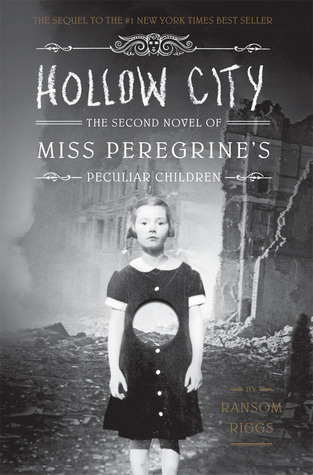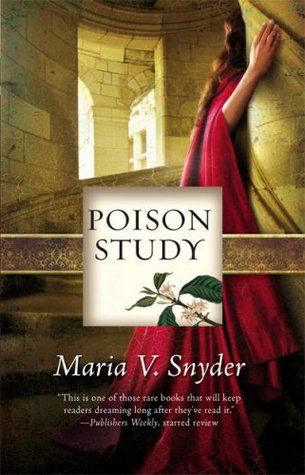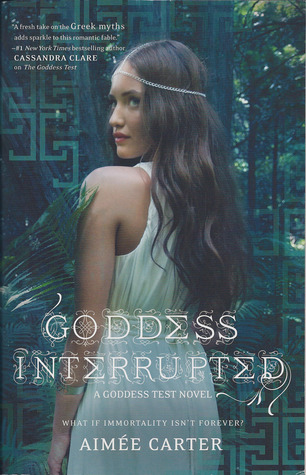 Emissary by Thomas Locke
Emissary by Thomas LockeMy rating: 3 of 5 stars
[Disclaimer: I received a free e-copy of this book from NetGalley.]
While I'm only giving this book three stars, I am going to say that this was one of the better new fantasies I've read in a long time. This book was more rooted in traditional fantasy than a lot of other books I've read lately, that purported to be fantasy but were in actuality just a teen romance. It probably helped that Hyam is 21, not 17, and the romance aspect was very underplayed until right around the end.
First, what I did like. I enjoyed the fact that this was more about defeating an enemy than a character finding himself. At one point, Hyam is told that he had better get over himself and stop being so selfish. His quest to find who he is can wait, but right now there's a threat and he needs to do something. I also appreciated that Hyam isn't "the chosen one," but rather an orphan who goes in search of his history, only to find that he has power to help save the country and decides to do something about it.
BUT, and here are the reasons why I couldn't give this four stars (these are very personal reasons and maybe people think I'm being petty, but aren't reviews personal?):
I hate the word crimson. It's like nails on a chalkboard. And I swear it showed up on like every other page. "The crimson mage" this and "the crimson mage" that. Every time the bad mage showed up, it was the only descriptor used. He was "the crimson mage," and that was it. He's referred to so often I wanted to start striking through the word. While this is a rant about the word crimson, it's also a rant about word choice. If you only have one descriptor for a character, there's a problem.
I really didn't understand why doors were referred to as portals. They are *doors*. They don't transport you anywhere. It just sounded like the author was trying to make the world sound more foreign, but it didn't work, because calling doors "portals" was the only real thing that was so altered.
Hyam's personality seemed to change a lot over the course of the book, and I couldn't keep up with what was going on in his head. I had a very hard time connecting with him as a character. I didn't really understand who he was trying to be. While I am grateful that we didn't really get the chosen one trope in this book, I still needed a bit more of a solid character to identify with. Overall, while he does grow and change and evolve throughout the story, and while this is usually a good thing, for me he sort of fell flat.
I did enjoy the plot, and most of the way the story was told. For me it was more of the descriptors, and some of the character development, that really took away from the book. I still recommend this to fantasy lovers, and I'm very glad I was approved to read it. It's certainly an interesting premise and story.
View all my reviews






































